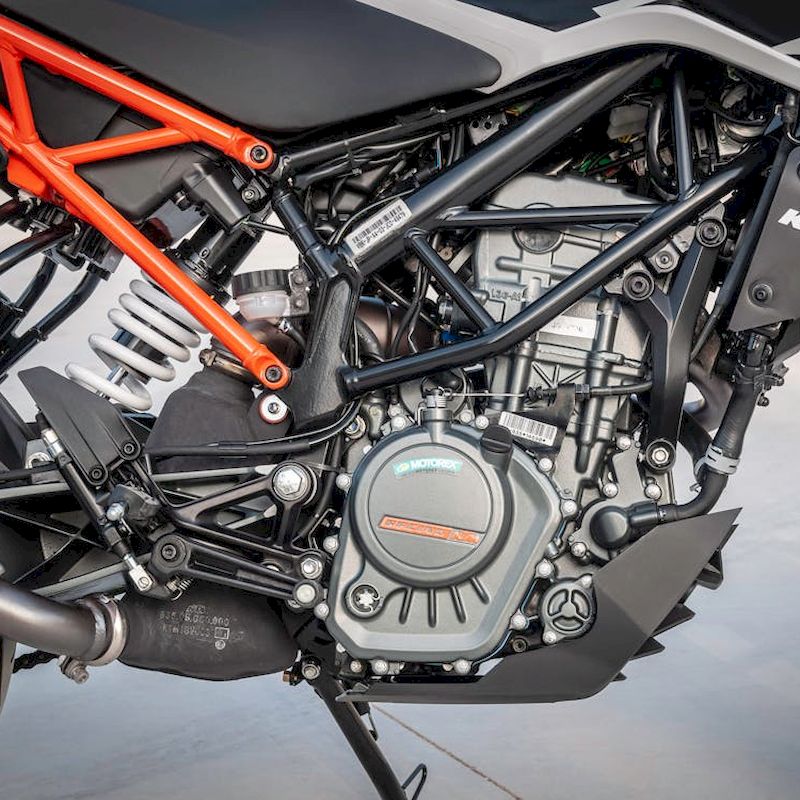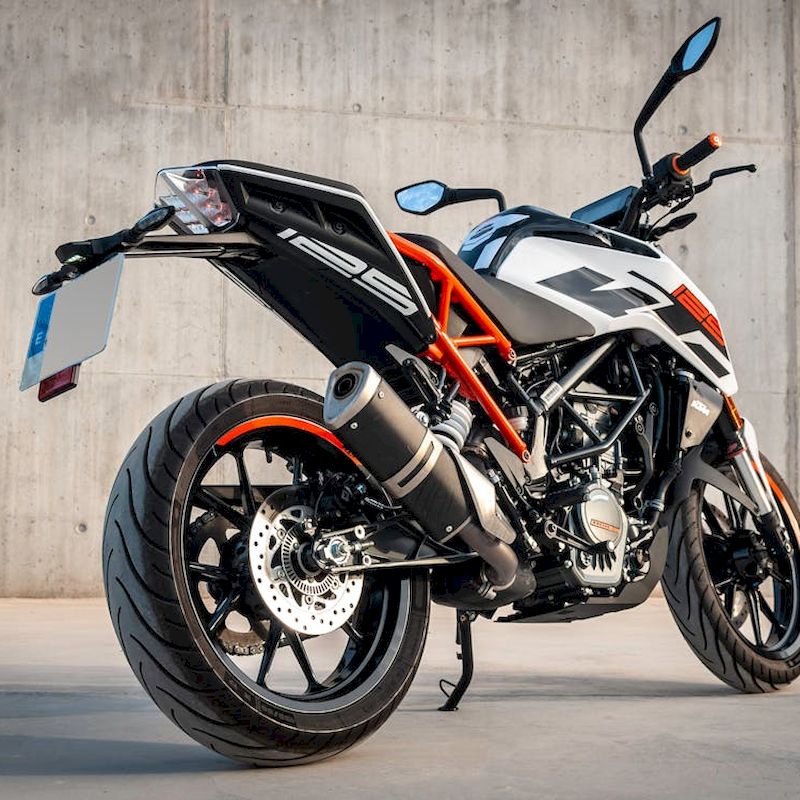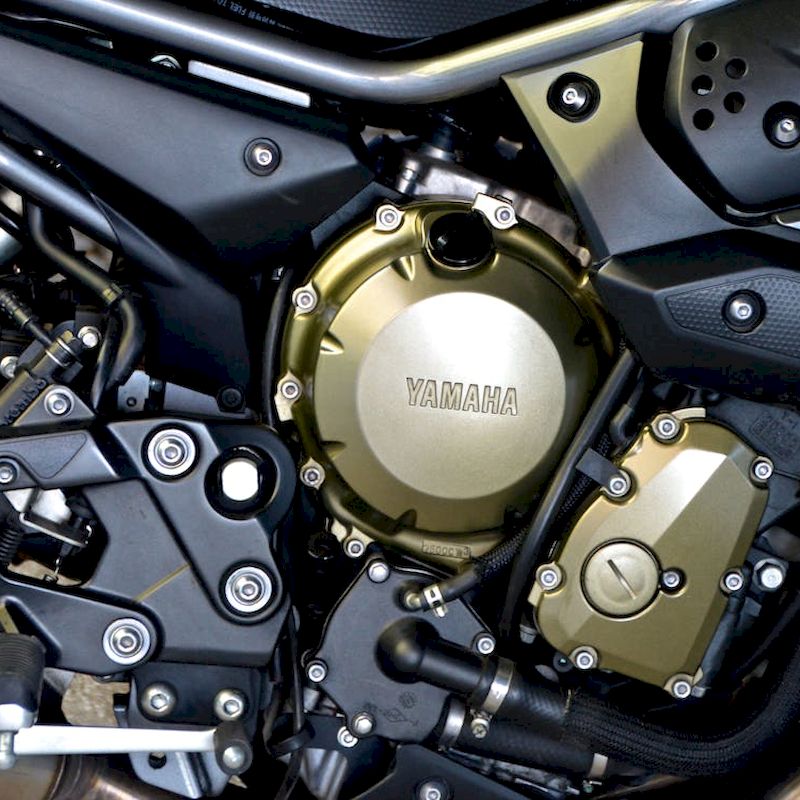Physical Address
304 North Cardinal St.
Dorchester Center, MA 02124
Physical Address
304 North Cardinal St.
Dorchester Center, MA 02124

Motorcycles embody a sense of freedom and adventure, allowing riders to explore the open road with exhilaration. However, nothing can be more frustrating than mounting your beloved bike only to face the dreaded scenario: why won’t my motorcycle start? Whether you’re a seasoned rider or a newbie, this situation can be both perplexing and stressful. This comprehensive guide will delve into the common reasons behind starting issues, along with practical troubleshooting tips to get your motorcycle back on the road.

Before we can tackle the reasons why won’t my motorcycle start, it’s essential to understand how a motorcycle starting system works. There are several components involved in the starting process, including:
Each component plays a critical role in ensuring your motorcycle starts smoothly. If any of these parts malfunction, it could lead to starting issues.
When you find yourself asking why won’t my motorcycle start, the reasons can typically be categorized into a few major areas. Let’s explore some of the most common culprits.
One of the first places to check when your motorcycle fails to start is the battery. Here are some battery-related issues you might encounter:
Another major area to inspect when questioning why won’t my motorcycle start is the fuel delivery system. Problems in this area can stem from:
A malfunctioning ignition system can also lead to starting issues. Here’s what can go wrong:
Sometimes, the concern may lie directly with the engine itself:
Modern motorcycles are equipped with various safety features and electronics that can also inhibit starting:
Lastly, environmental conditions can also affect your motorcycle’s starting ability:

Now that we have identified the likely reasons why your motorcycle won’t start, let’s discuss how to troubleshoot these issues effectively.
Begin by inspecting the battery. Check for any visible signs of corrosion and ensure that the connections are tight. If the battery appears drained, attempt to jump-start it using jumper cables or a battery charger. If the battery is old or unable to hold a charge, consider replacing it.
Next, check your fuel levels and inspect the fuel system. Ensure you have sufficient fuel in the tank. If necessary, replace the fuel filter and check the fuel pump operation. Utilize the manual or technical specifications to access the fuel pump for further checks.
Inspect the spark plugs for wear or carbon build-up. Replace them if necessary. Check the ignition coils and associated wiring to ensure proper functionality. You might also want to test the electrical continuity within the ignition system.
Review your bike’s safety features. Is the kickstand up? Is the bike in neutral? Engage the start button and listen for any significant sounds indicating the bike is trying to start.
For more significant concerns related to the engine, consult a professional. If you suspect internal damages or low compression, a mechanic can perform the necessary diagnostics.
If you are in an extremely cold or humid environment, give your bike some time to adjust to the temperatures. Move the motorcycle to a warmer place and sinulate the electrical connections to dry out and reduce moisture.

To minimize the chances of asking yourself why won’t my motorcycle start frequently, consider implementing these preventative measures:
If you’ve gone through these troubleshooting steps and still find yourself wondering, why won’t my motorcycle start, it may be time to consult with a professional mechanic. Experienced technicians can diagnose more complex issues and recommend appropriate repairs or replacements. Additionally, they can help inform you about necessary maintenance practices specific to your motorcycle model.
Experiencing starting issues is a common yet frustrating challenge for many motorcycle owners. By understanding the fundamental components involved in starting your bike, identifying potential problems, and following proactive measures, you can minimize the risk of encountering this issue. The next time you’re faced with the question, why won’t my motorcycle start, you’ll be ready to tackle the problem head-on!